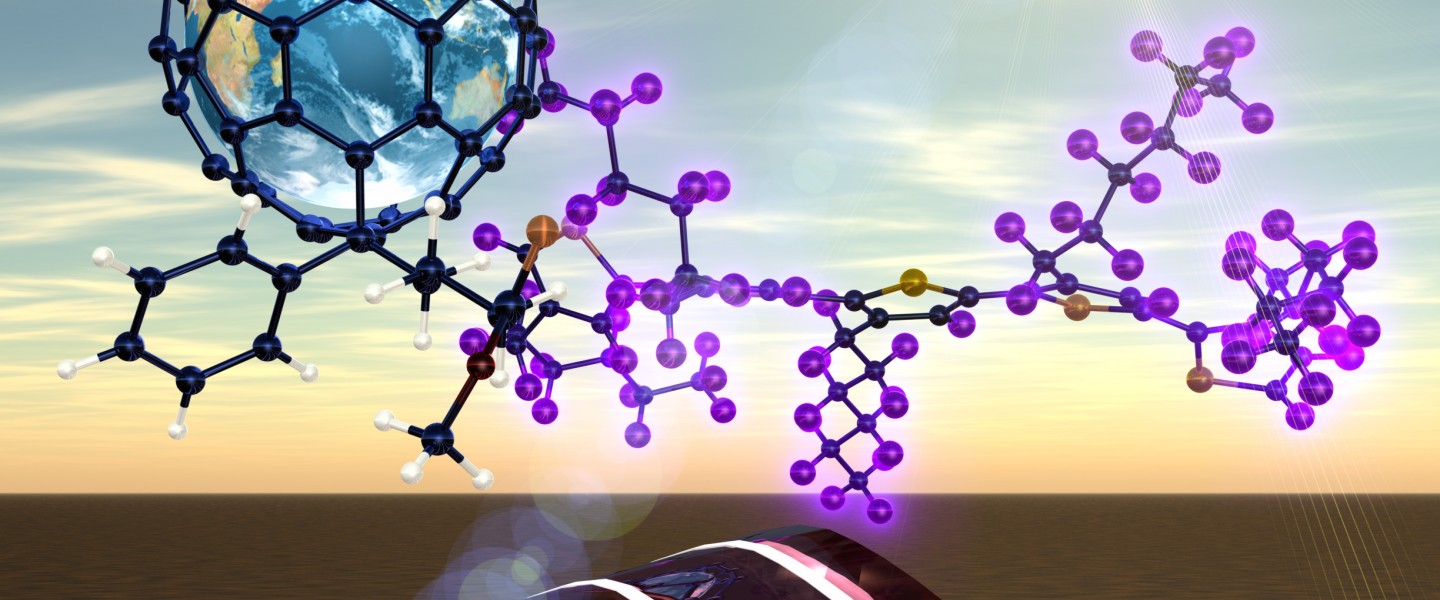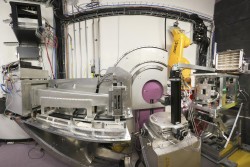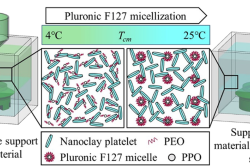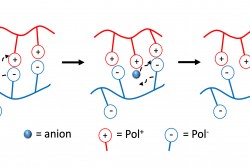Dynamics of macromolecules, constrained molecular systems, polymers, biology, chemistry, materials science
Soft Matter and Polymers
The Soft Matter Initiative is dedicated to advancing scattering techniques to investigate the physical and chemical processes that govern soft matter systems while fostering a collaborative and innovative research culture within the Neutron Scattering Division. By integrating expertise from colloid science, polymer physics and self-assembly and lyotropic chemistry with statistical mechanics, computer simulations, and analytical methodologies, the initiative aims to uncover fundamental molecular forces and their influence on bulk material properties.
Beyond scientific exploration, the initiative plays a vital role in cultivating interdisciplinary collaboration and supporting a thriving research environment. It actively prioritizes investments in strategic science areas, ensures the effective stewardship of discretionary research time, and supports the development of emerging scientific talent through a dynamic postdoctoral program. Additionally, the initiative organizes strategic workshops and knowledge-sharing forums, which are critical for fostering innovation, maintaining a vibrant user community, and driving scientific advancements in the field of soft matter.














